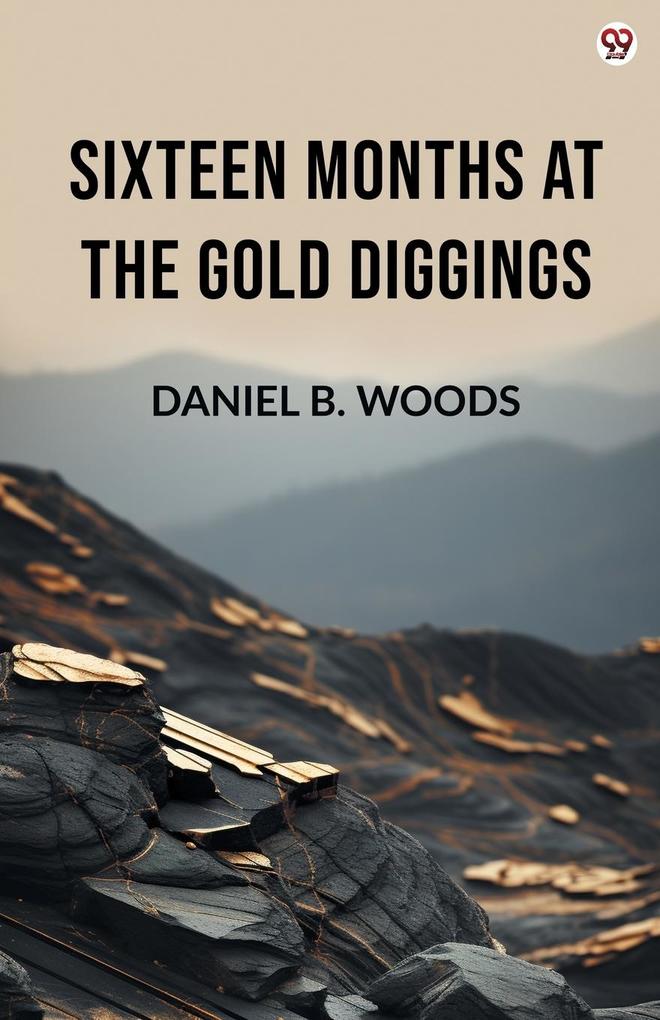
Zustellung: Do, 24.07. - Mo, 28.07.
Versand in 5 Tagen
VersandkostenfreiBestellen & in Filiale abholen:
Sixteen months at the gold diggings captures the tension between ambition and adversity in the pursuit of wealth during a period marked by restless movement and hope. Through firsthand reflection, the account examines the emotional toll of expectation meeting the often stark and unforgiving conditions of frontier life. The portrayal of California moves beyond scenic description to reveal a landscape shaped by human struggle, marked by exhaustion, fleeting joy, and constant uncertainty. The physical journey into mining territory parallels a deeper reckoning with personal limits and societal illusions. Comradeship and isolation exist side by side, highlighting how shared purpose does not always guarantee emotional connection. The pursuit of gold emerges as both a physical endeavor and a moral test, exposing the complexities of desire, perseverance, and disillusionment. The narrative invites reflection on the cost of fortune-seeking, as it considers what is gained and lost in the race toward material success. Encounters with unpredictable natural forces and human motives shape a broader meditation on risk, resilience, and transformation.
Produktdetails
Erscheinungsdatum
01. April 2025
Sprache
englisch
Seitenanzahl
120
Autor/Autorin
Daniel B. Woods
Verlag/Hersteller
Produktart
kartoniert
Gewicht
162 g
Größe (L/B/H)
216/140/7 mm
ISBN
9789371134613
Entdecken Sie mehr
Bewertungen
0 Bewertungen
Es wurden noch keine Bewertungen abgegeben. Schreiben Sie die erste Bewertung zu "Sixteen Months At The Gold Diggings" und helfen Sie damit anderen bei der Kaufentscheidung.









